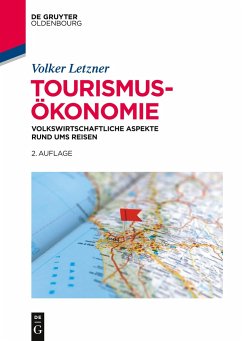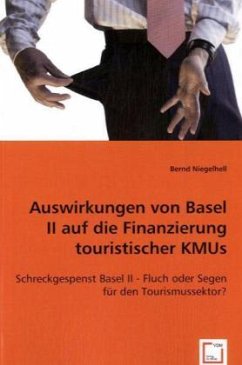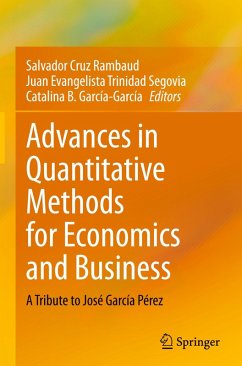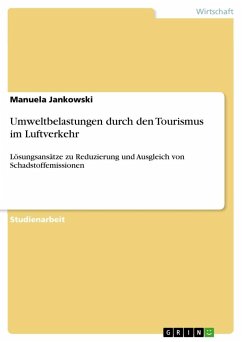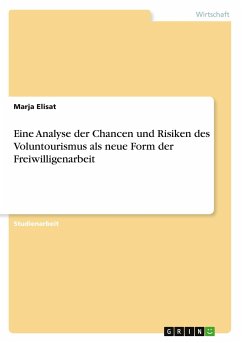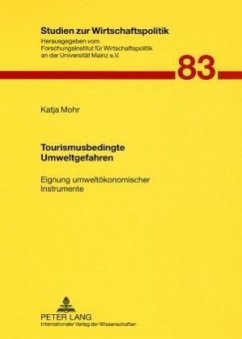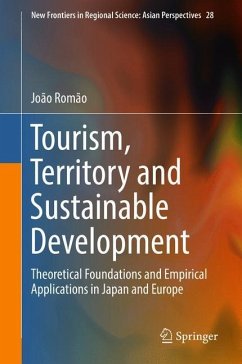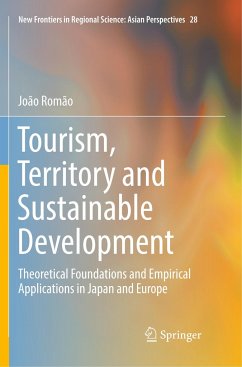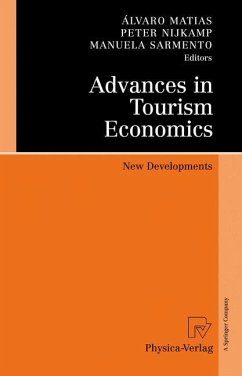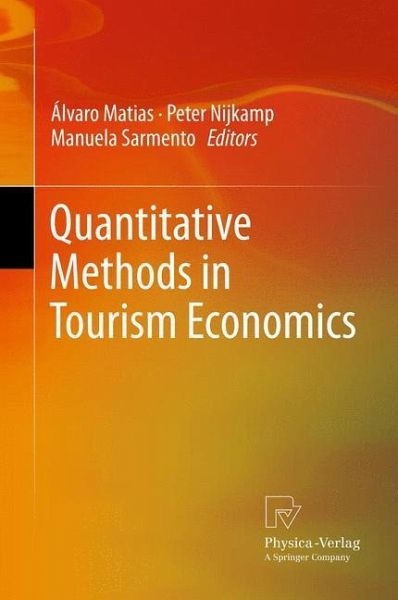
Quantitative Methods in Tourism Economics

PAYBACK Punkte
58 °P sammeln!
Tourism economics is partly based on established principles from the economics discipline, but it also incorporates elements from sociology, psychology, organization theory and ecology. It has over the years turned into an appealing multi-disciplinary oriented approach to the understanding of the impacts of leisure time in a modern society, including cultural heritage, sustainable quality of life, and industrial organization of the hospitality industry. The increasing dynamics in the tourist industry and its worldwide effects will continue to attract the attention of both the research and the ...
Tourism economics is partly based on established principles from the economics discipline, but it also incorporates elements from sociology, psychology, organization theory and ecology. It has over the years turned into an appealing multi-disciplinary oriented approach to the understanding of the impacts of leisure time in a modern society, including cultural heritage, sustainable quality of life, and industrial organization of the hospitality industry. The increasing dynamics in the tourist industry and its worldwide effects will continue to attract the attention of both the research and the policy sector in the years to come. Rather than speculating on non-observed facts, there is a clear need for evidence-based research in order to map out the complex dynamics of the tourist industry. The present volume comprises novel studies - mainly of a quantitative-analytical nature - on the supply, demand and contextual aspects of modern tourism. It contains a sound mix of theory, methodology, policy and case studies on various tourism issues in different parts of the world.





